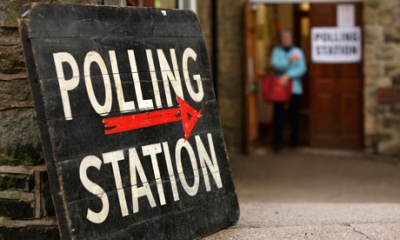The recent resignations by Conservative MPs Zac Goldsmith and Stephen Phillips have shorn the government’s majority in the Commons to just ten MPs. Tory MPs are famously independently-minded, so the Whips will have their hands full at every vote. Ordinarily a new Prime Minister might call an early election at this point to give herself a firm mandate – and indeed it is possible that this will happen. But here are some reasons why it probably will not:
Theresa May has said there will be no early election
The more UKIPpers clamber for an early election, the more the Prime Minister will be minded to resist it. Appearing decisive, steadfast and ‘not for turning’ is critical for a leader. An election has to seem like her own idea.
It is not needed
The potential Brexit vote notwithstanding, the Prime Minister does not need a large majority in the Commons to get things done. Most of her agenda, from Industrial Strategy to education reform, can be taken forward by executive decision or by seeking minority party support in the House, such as from Ulster MPs.
A campaign would expose fault-lines in the Conservative Party
The Conservative Party is more of a loose coalition than a unitary movement. Eurosceptic ideologues huddle under its umbrella alongside business-friendly corporatists and economic liberals. Asking the Party to fight under a united pro-Brexit banner would expose rifts that for now are comfortably out of sight.
Jeremy Corbyn is here to stay (for now)
Some have said May will want to take advantage of Labour’s low levels of support. Some polls predict the Conservatives would gain almost 80 seats if the election were called now – giving them a super majority. Such is the unpopularity of the idea of Jeremy Corbyn as Prime Minister among mainstream voters. However, Corbyn triumphed and increased his mandate in a recent Labour leadership challenge. His position in that Party is secure for some time to come, so there is no hurry.




